
According to Deputy Director of the Department of Agriculture and Environment of Ho Chi Minh City Pham Thi Na, the area and output of aquatic products exploited in the area increased slightly compared to the same period, averaging 1,000 tons/month. High-tech farming models and super-intensive shrimp farming continued to be effective, contributing to increasing people's income. Management of farming areas, issuance of facility codes and environmental monitoring were maintained regularly; the structure of vessels was basically stable, but there was a trend of some fishing vessels switching to serving aquaculture such as oyster farming and cage farming.
Due to the lack of a dedicated fishing port, coastal fishing vessels mainly load fish at inland ports in Can Gio commune, and the products are consumed locally. As for offshore vessels (over 15m in length), the authorities are determined not to unload seafood at the fish loading points of Can Gio district, but guide fishing vessels to dock at ports designated by the Ministry of Agriculture and Environment .
According to statistics, the city currently has 4,638 fishing vessels, of which 4,259 are licensed to operate; 379 vessels are not qualified to go to sea, including 50 vessels that no longer exist or are missing and 329 vessels are being verified, strictly managed by the local authorities in coordination with the Border Guard, and not allowed to leave port. Since the beginning of the year, the Department of Fisheries and Fisheries Surveillance have coordinated to organize 11 patrols and inspections on rivers and seas in the Can Gio and Thanh An areas, checking 85 vehicles, and no violations were detected.

In August 2025, there were 2 cases of vessels losing VMS connection due to equipment failure, but both complied with regulations on reporting location when troubleshooting. As of September 1, 2025, there were no cases of fishing vessels losing VMS connection for more than 6 hours without reporting. The authorities regularly propagate and remind ship owners to check equipment operation and comply with reporting procedures when encountering incidents. Notably, up to this point, Ho Chi Minh City has no fishing vessels or fishermen violating seafood exploitation in foreign waters, and has not discovered any networks or individuals brokering vessels for illegal exploitation.
To raise fishermen's awareness of law compliance, Vice Chairman of the Ho Chi Minh City People's Committee Bui Minh Thanh requested to strengthen the management of fleet operations through the VMS system; arrange 24/7 staff to promptly detect, communicate and handle cases of disconnection. With a fleet of vessels that are qualified to operate, it is necessary to increase early warning of the risk of encroachment on foreign waters, organize centralized monitoring, publicly post signs and possibly install surveillance cameras. Rotten vessels must be salvaged from the water, and the ship owners must bear the costs of treatment to avoid causing pollution.
For unlicensed and unqualified vessels, the city requires the authorities to temporarily detain the vessels, strictly inspect and handle them, including criminal penalties if necessary. Vessels that lose VMS connection without proving a legitimate cause will be forced to return to shore for processing. At the same time, units must review, trace and thoroughly handle missing vessels, not allowing violations to escape.
The Vice Chairman of the Ho Chi Minh City People's Committee also assigned departments, branches, wards and communes to strengthen the management of the purchase and sale of seafood of unknown origin; promote propaganda, maintain the models of "Breakfast with fishermen", "Morning coffee with fishermen" so that the government can directly listen to people's concerns, support people in complying with the law, towards sustainable and responsible fishing.
Source: https://daibieunhandan.vn/tp-ho-chi-minh-quan-ly-chat-doi-tau-cham-dut-vi-pham-khai-thac-hai-san-trai-phep-10394771.html


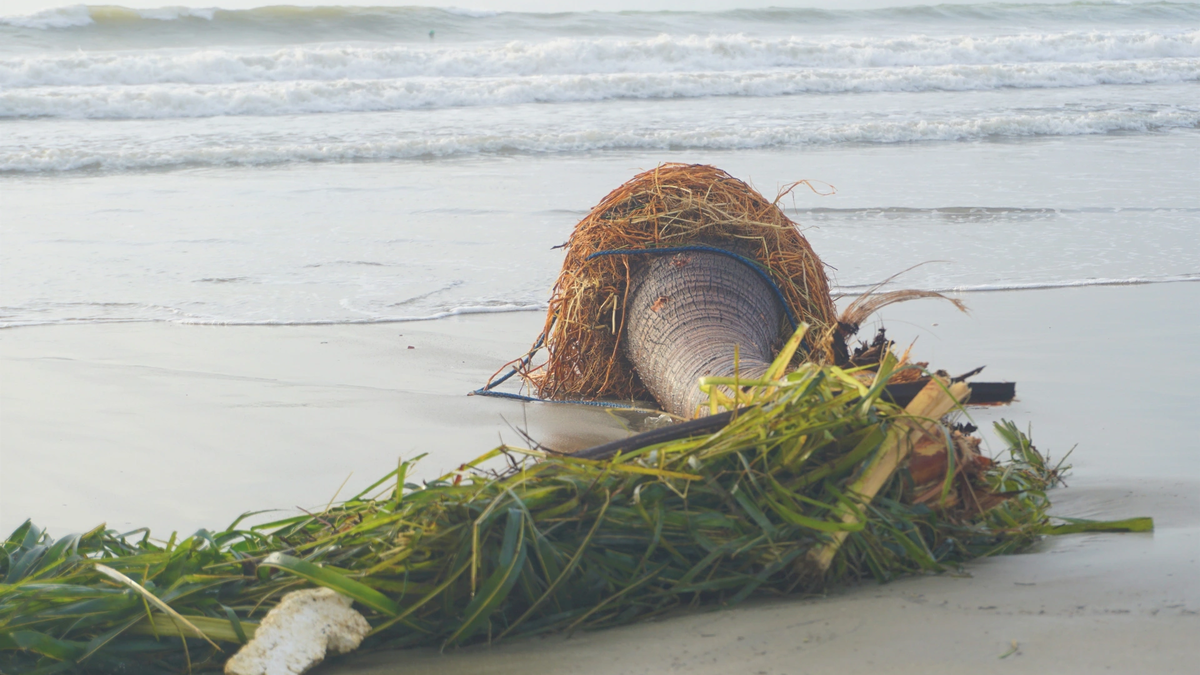
![[Photo] Hanoi: Long Bien residents brave the rain to go to work and school amid traffic jams due to bridge closures from early morning](https://vphoto.vietnam.vn/thumb/1200x675/vietnam/resource/IMAGE/2025/11/07/1762485038077_dji-0206-1506-jpg.webp)

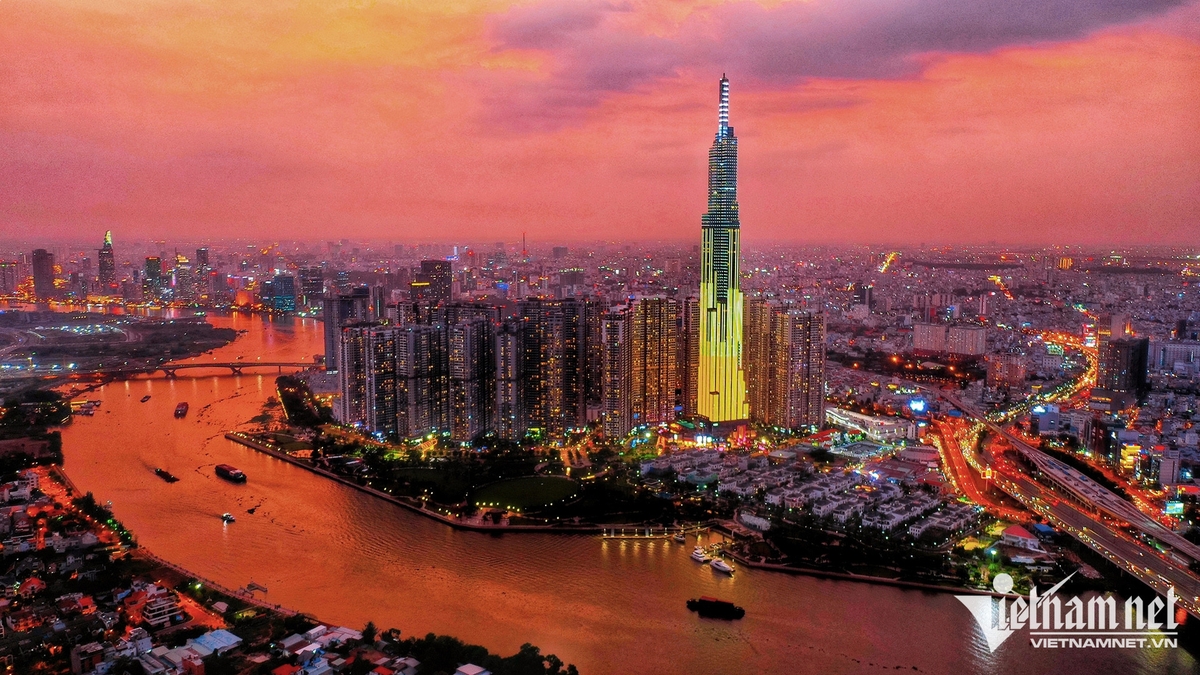
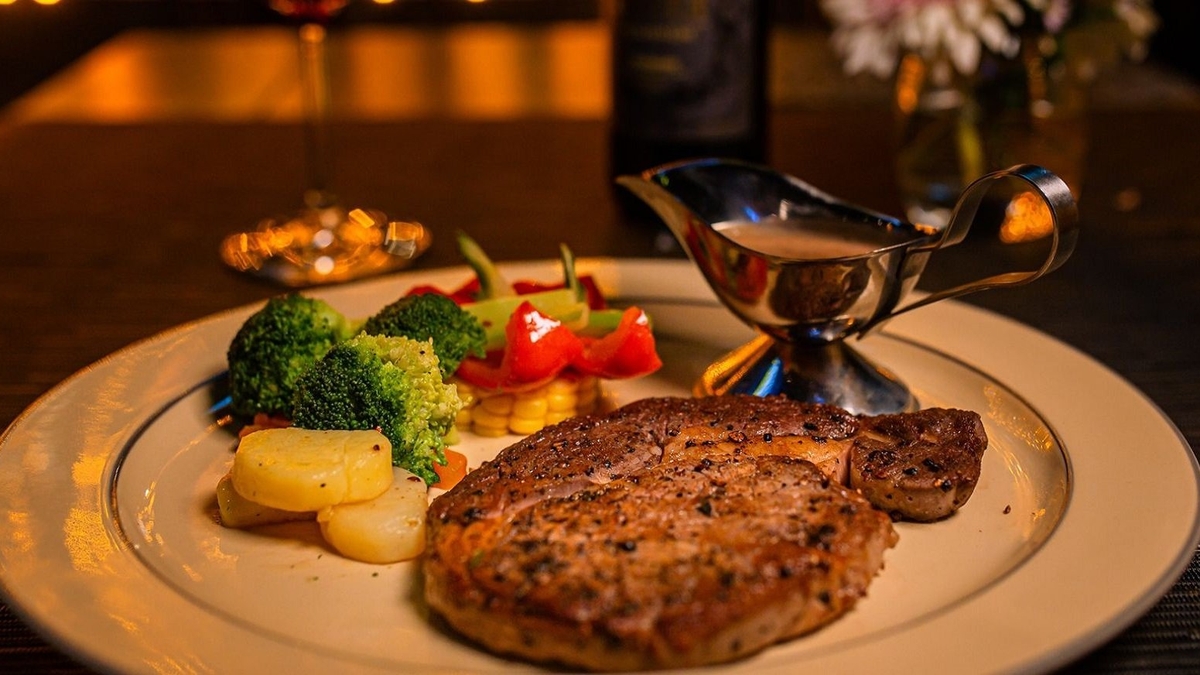
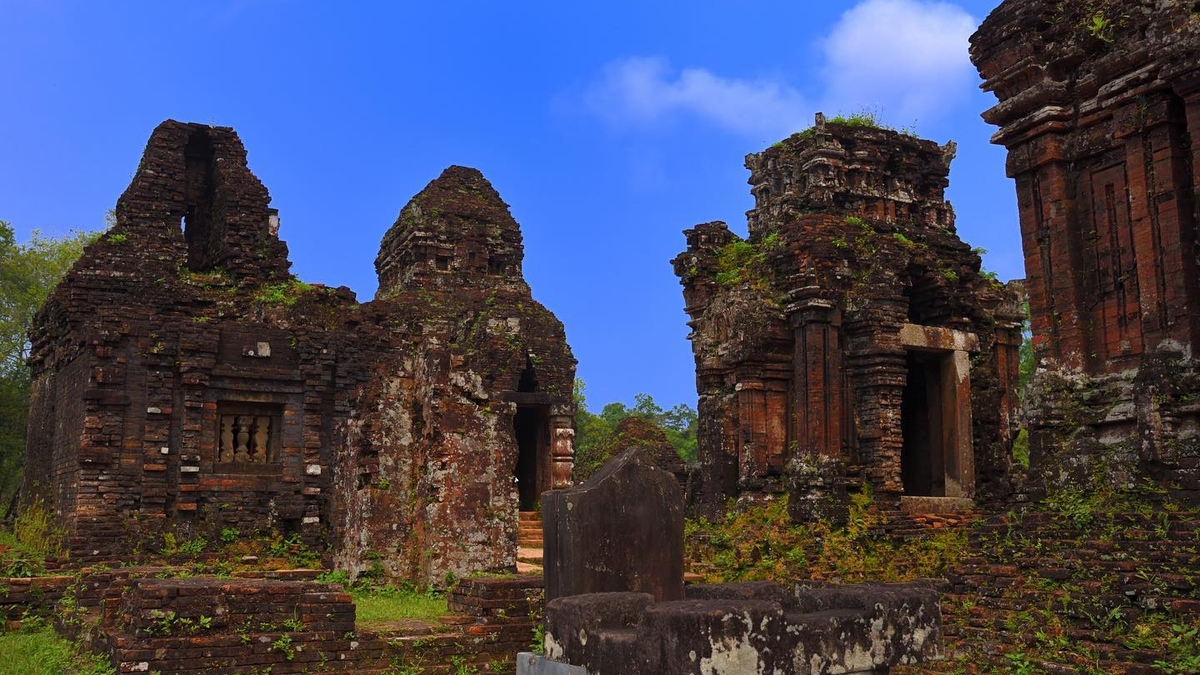
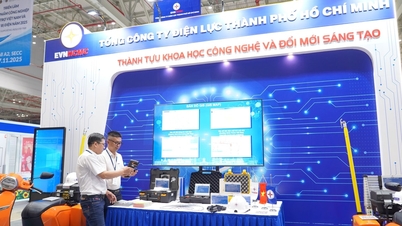
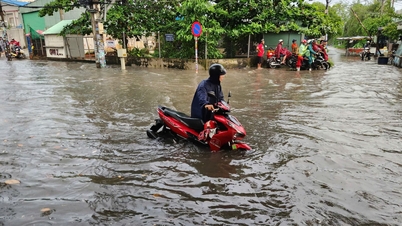

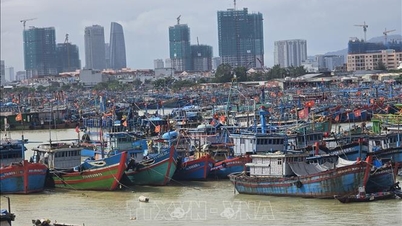
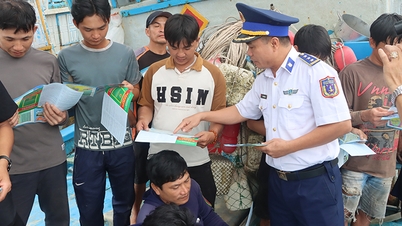
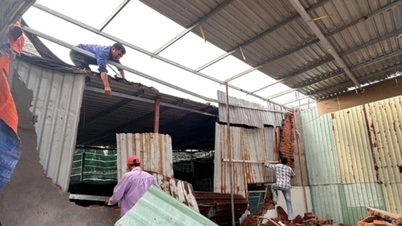









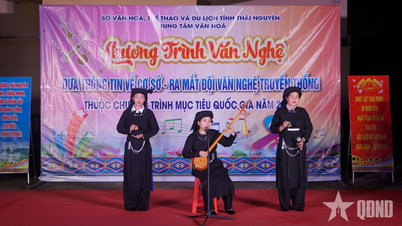






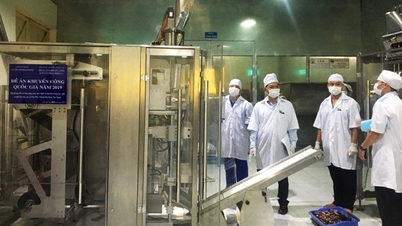


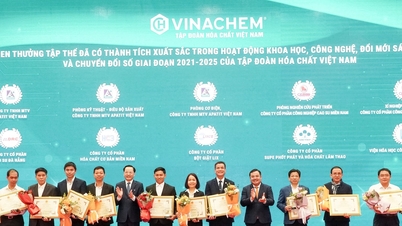
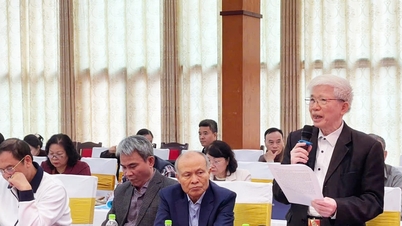
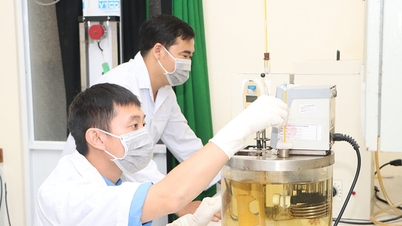









































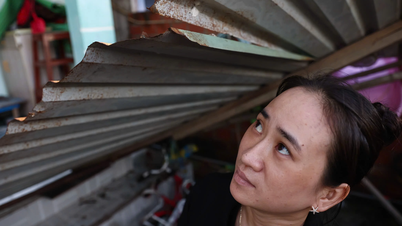
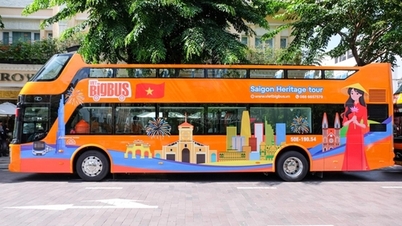

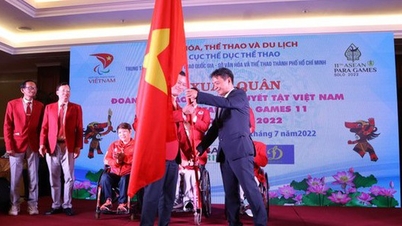
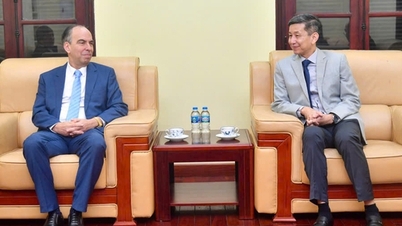
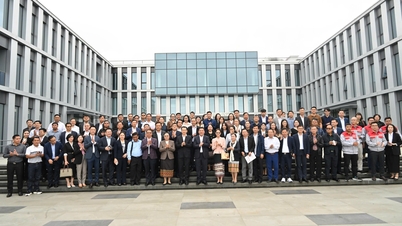


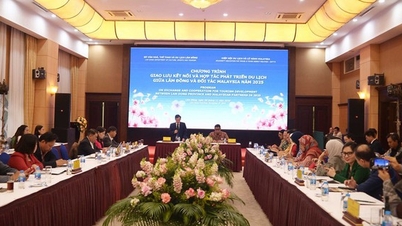
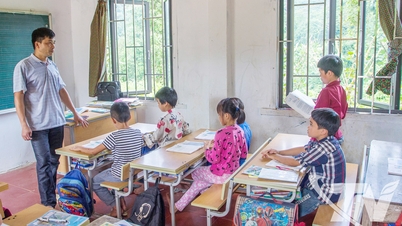




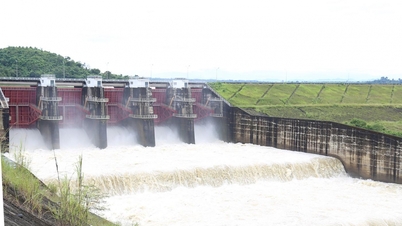




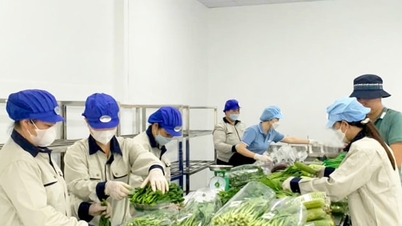












Comment (0)